Gulliver's Travels is a prose satire by Irish writer and clergyman Jonathan Swift, that is both a satire on human nature and the "travellers' tales" literary subgenre. It is Swift's best known full-length work, and a classic of English literature. He himself claimed that he wrote Gulliver's Travels "to vex the world rather than divert it". The book became popular as soon as it was published. John Gay wrote in a 1726 letter to Swift that "It is universally read, from the cabinet council to the nursery." he travel begins with a short preamble in which Lemuel Gulliver gives a brief outline of his life and history before his voyages. During his first voyage, Gulliver is washed ashore after a shipwreck and finds himself a prisoner of a race of tiny people, less than 6 inches (0.50 ft) tall, who are inhabitants of the island country of Lilliput. After giving assurances of his good behavior, he is given a residence in Lilliput and becomes a favorite of the Lilliput Royal Court. He is also given permission by the King of Lilliput to go around the city on condition that he must not harm their subjects. At first, the Lilliputians are hospitable to Gulliver, but they are also wary of the threat that his size poses to them. The Lilliputians reveal themselves to be a people who put great emphasis on trivial matters. For example, which end of an egg a person cracks becomes the basis of a deep political rift within that nation. They are a people who revel in displays of authority and performances of power. Gulliver assists the Lilliputians to subdue their neighbors the Blefuscudians by stealing their fleet. However, he refuses to reduce the island nation of Blefuscu to a province of Lilliput, displeasing the King and the royal court.
Gulliver's Travels
Prova 30 timmar gratis
- Läs och lyssna i dag
- Ingen bindningstid, avsluta när du vill

Gör varje stund till ett äventyr
- Bär med dig hundratusentals berättelser direkt i fickan
- Ingen bindningstid, avsluta när du vill

Kom igång med den här boken idag för 0 kr
- Få full tillgång till alla böcker i appen under provperioden
- Ingen bindningstid, avsluta när du vill
Författare:
Språk:
Engelska
Format:

50 Masterpieces you have to read before you die
Frances Hodgson Burnett, Homer, Charles Dickens, Lyman Frank Baum, Nathaniel Hawthorne, Thomas Hardy, Robert Louis Stevenson, Henry Haggard, Wilkie Collins, H.G. Wells, Sir Walter Scott, Lucy Maud Montgomery, Louisa May Alcott, Henry Fielding, Mary Shelley, Arthur Conan Doyle, Leo Tolstoy, Euripides, Fyodor Dostoevsky, Alexander Pushkin, James Fenimore Cooper, Daniel Defoe, Joseph Conrad, Jonathan Swift, William Shakespeare, Oscar Wilde, John Bunyan, Charles Darwin, Alfred Tennyson, Bram Stoker, James Joyce, Dante Alighieri, Howard Pyle, Jane Austen, Emily Bronte, Giovanni Boccaccio, Rudyard Kipling
book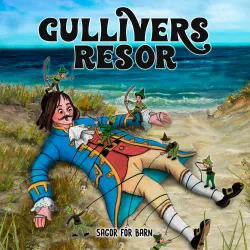
Gullivers resor
Jonathan Swift
audiobookbook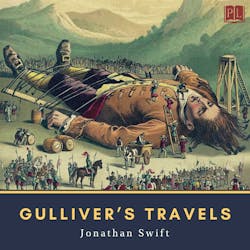
Gulliver's Travels
Jonathan Swift
audiobookbook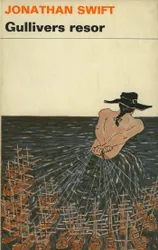
Gullivers resor
Jonathan Swift
book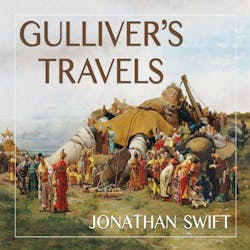
Gulliver's Travels
Jonathan Swift
audiobookbook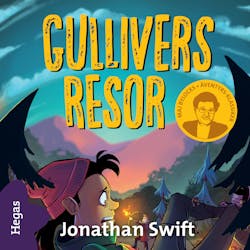
Gullivers resor
Jonathan Swift
audiobookbook
Gullivers resor
Jonathan Swift
book
The Ultimate Classics Collection – Volume Three: 10 Novels and Stories from Daniel Defoe, Henry David Thoreau, John Milton, Homer, Machiavelli, & More
Daniel Defoe, Homer, Jonathan Swift, The Brothers Grimm, Niccolo Machiavelli, Henry David Thoreau, John Milton, Aesop
audiobook
A Modest Proposal - Audiobook
Jonathan Swift, Classic Audiobooks
audiobook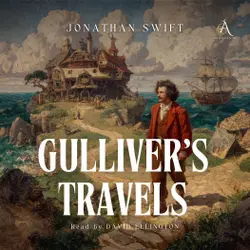
Gulliver's Travels - Audiobook
Jonathan Swift, Classic Audiobooks
audiobook
Gulliver's Travels
Jonathan Swift
audiobookbook
10+ Masterpieces of Classic Adventures Collection : The Call of the Wild, Twenty Thousand Leagues Under the Sea, Heart of Darkness, The Lost World and others
Jack London, Jules Verne, Robert Louis Stevenson, Jonathan Swift, Daniel Defoe, Arthur Conan Doyle, O.Henry
audiobook
